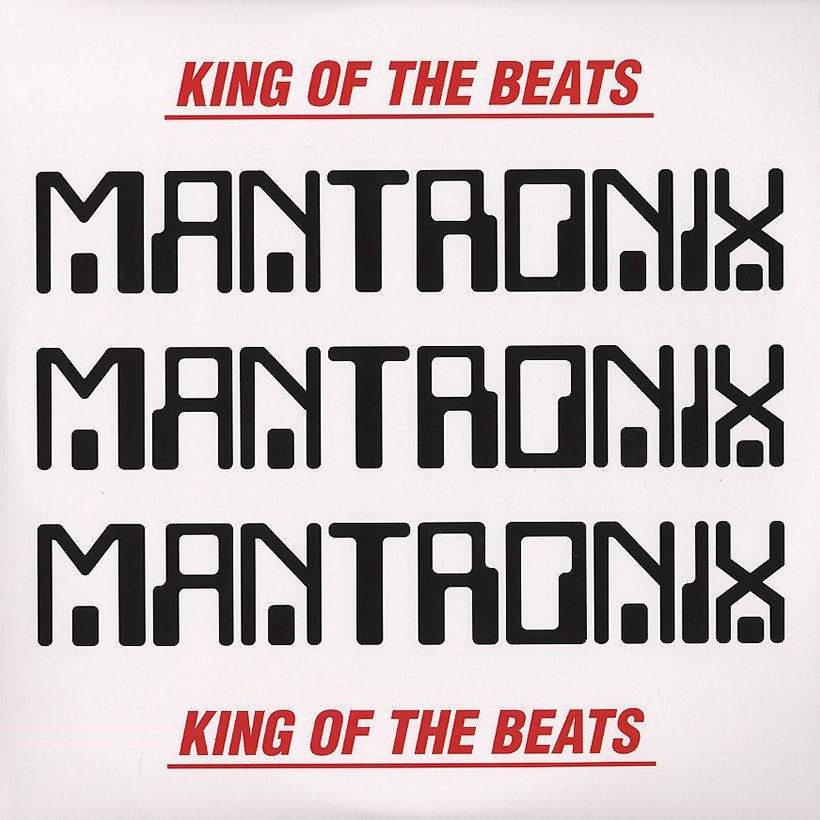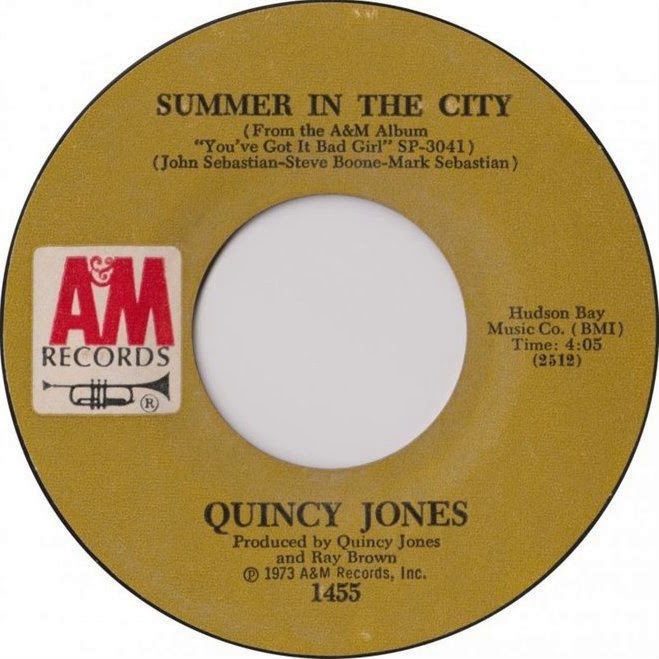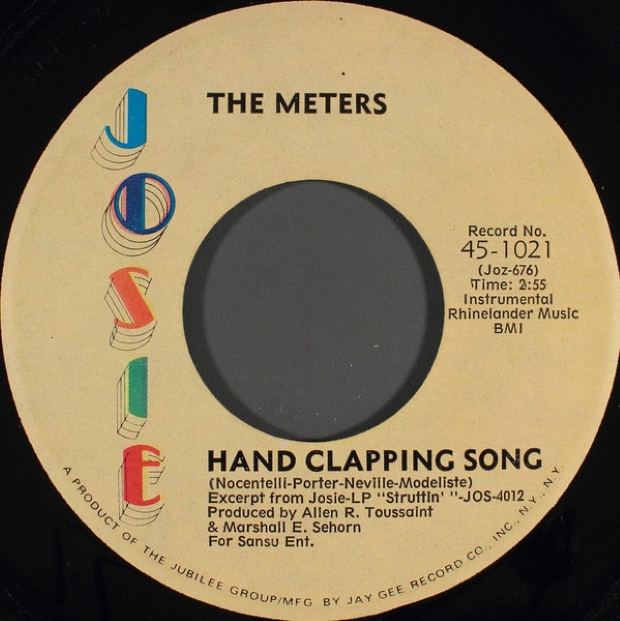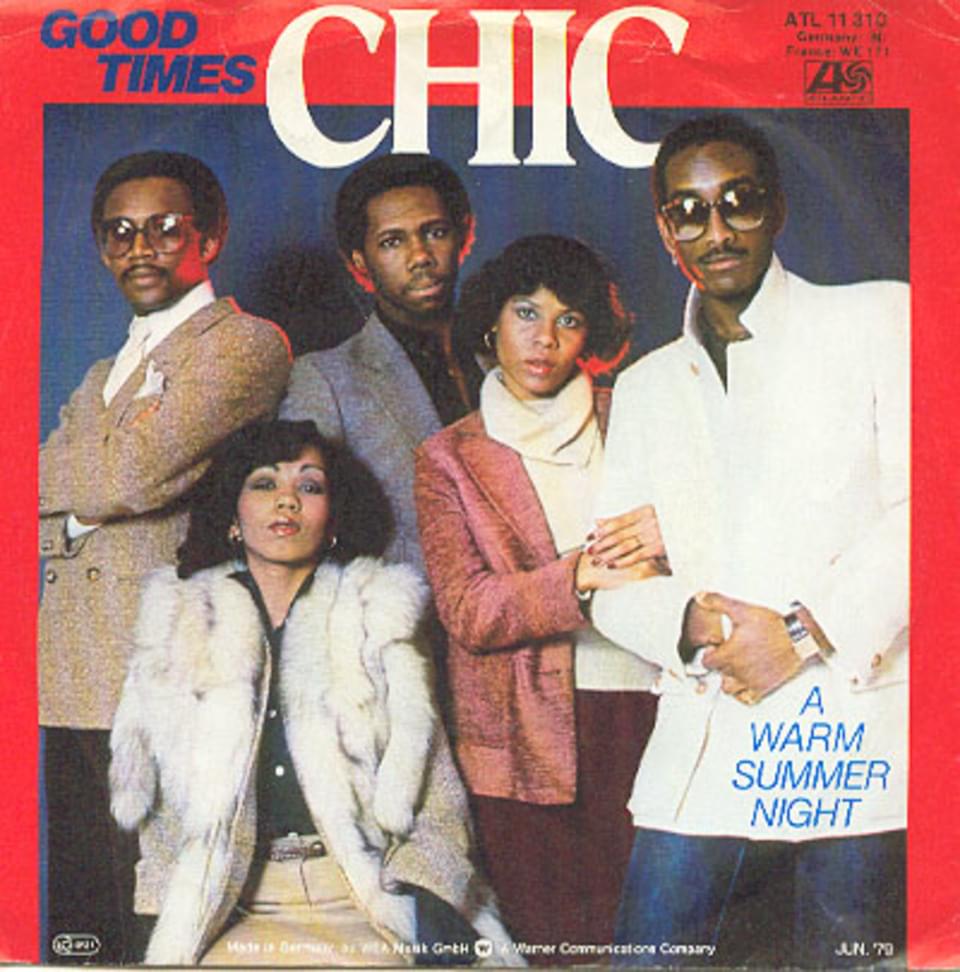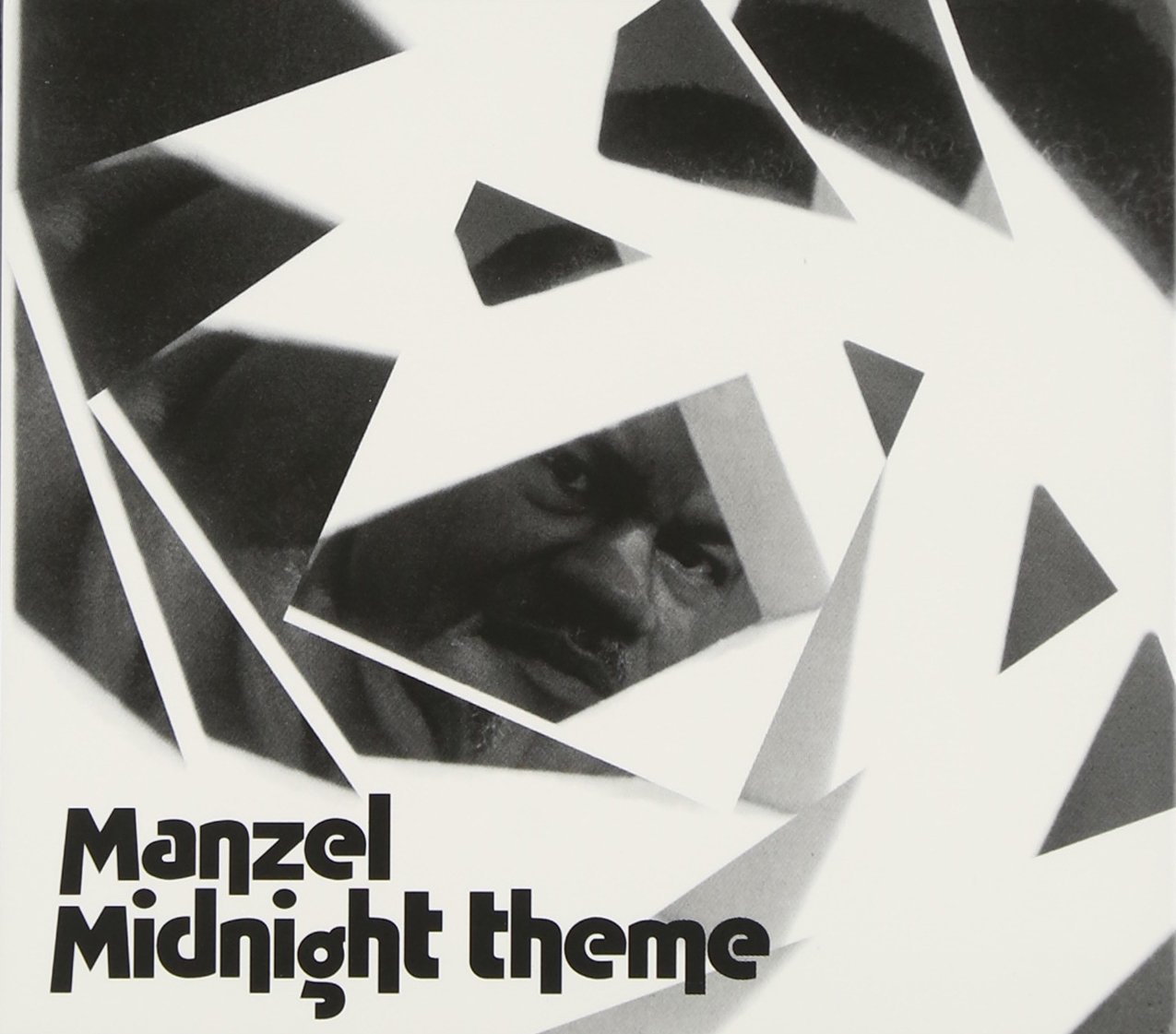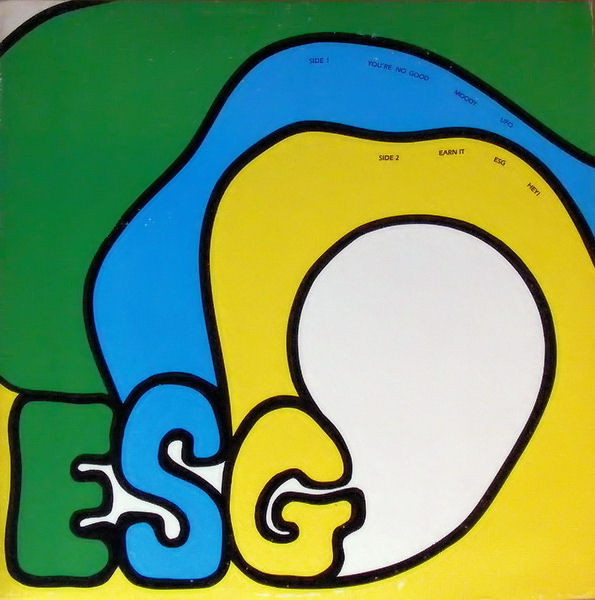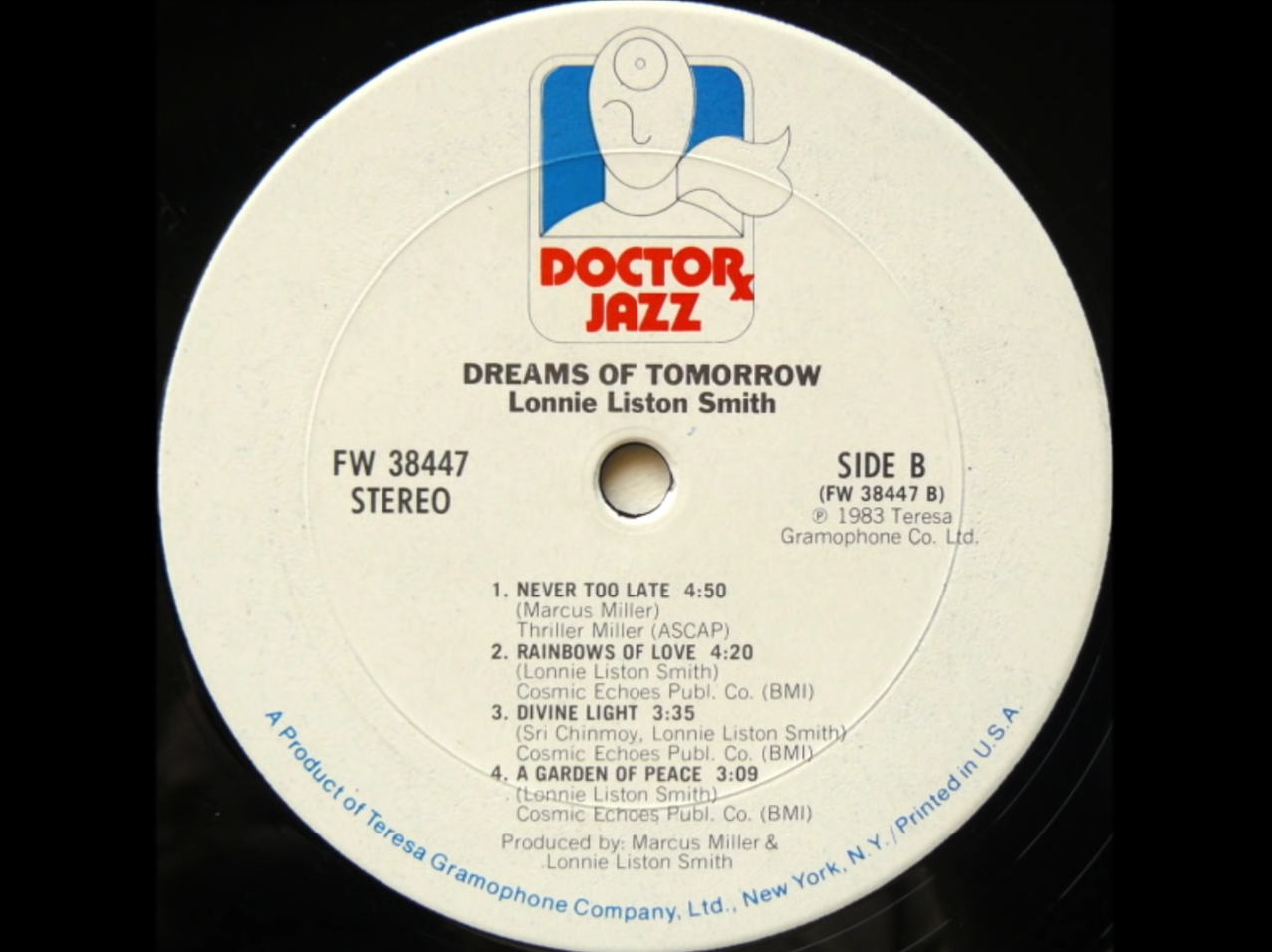It can be bittersweet reminiscing about J Dilla during his birth week: celebrating his 2/7 birthday and the 2006 release of his instrumental beat tape/masterpiece symphony Donuts means simultaneously recognizing that the blood disease that took his life happened just three days later.
But it's hard for me to think about another beatmaker from the last 25 years, maybe even another pop artist, period, whose mourning period so deeply and easily transitions into the love of their craft. We miss Dilla. Why? Well, just listen to what he could do with an MPC, and how he made electronic beats sound human by not relying on quantizing, and how that played-live elasticity in his music added an entirely new angle to sampling as a crucial component of hip-hop, and how he could represent Detroit with his early-'00s techno/Berlin School nods while also putting his own stamp on an entire generation of West Coast producers ... and then before you know it you're going deep into distinguishing the kinds of snare and bass sounds he used on individual tracks and how his fidelity levels shifted through different eras and all that good stuff.
And one of those little diversionary side things that's always fascinated me is just how thoroughly Dilla claimed ownership of one particular piece of sound: that wailing siren at the beginning of "King Of The Beats," a B-side to a 1988 single by Mantronix. It's a recurring motif in Donuts, and as gleefully hijacked and repurposed signature drops go, it makes perfect sense in a lot of ways; even if Kurtis Mantronik operated out of NYC, his electro-adjacent knack for hybridizing hip-hop and dance music in the late-'80s sounded tailor-made to resonate through the adventurous, digital-minded sound systems of Detroit. Just how it got there, and where it went afterwards, is the real fascination of it all.
The Original: Mantronix, "King Of The Beats" (from "Join Me Please... (Home Boys - Make Some Noise)" 12", Capitol Records, 1988)
And there it is, right off the bat. Before we let that "so that's where it's from" novelty overwhelm everything else, let's just focus on a few other noteworthy details about this track. As much as Kurtis Mantronix's productions were defined early on by their brutal, groundshaking mixing and intricate programming of digital beats and bass, the King Tubby of the hip-hop drum machine soon transitioned into the sample-flip era with almost unfathomable strength. By 1986 he was messing around with hi-hat/snare triplets and inadvertently anticipating the sound that would make a bunch of Southern rappers rich 15-plus years later, while at the same time creating beats for freestyle hits like Joyce Sims' "All And All" that streamlined hip-hop, pop, R&B, and club music in ways that would've established him as a jack-of-all-trades superproducer if the scenes weren't so stratified from each other back then.
"King Of The Beats" came from a moment where Mantronix was signed to Capitol, given a ton of money, and told to make big pop hits. 1988's In Full Effect was the result, and while it stands as an interesting footnote in music-tech history as the first digital recording to be mastered from DAT (which had just been introduced in '87), it was also their first shot at being really big in the States. How they missed mid-America yet hit so squarely in the UK years later is a story for another time -- though maybe it can be told in just a few minutes -- but part of it is the old "you're not ready for this" conundrum of artists a lap or two ahead of most of their peers.
In a piece for Red Bull Music Academy, Kurtis reminisces about introducing "King Of The Beats" to a hip-hop crowd for a Capitol Records showcase, and recollects the crowd being dumbstruck: "I don’t know if they were in awe, or if they were just like, 'What the hell is this?'"
Funny thing is, even though it was relegated to a non-album B-side, it became maybe the most influential track from Mantronix's Capitol years: UK DJs loved the shit out of it, and even though it was a heavily sample-based track -- you get a slowed-down "Amen" break before the 20-second mark, a Rufus Thomas "Do The Funky Penguin" riff a few bars later, and an amazing I don't give a shit if it's been bled dry since "Peter Piper" drop of the Bob James "Take Me To The Mardi Gras" drums, among a bunch of other fun interjections -- it became memorable sample fodder itself, as you'll find out, right about...
The First Sample: London Posse, "Money Mad" (12", Justice, 1988)
...here. London Posse are widely recognized (at least in the UK) as godfathers of hip-hop with a distinctly British sensibility. Save your 21 Savage jokes -- in London Posse's case, they took the ragga/dancehall sounds of their Windrush-offspring predecessors and made them bump with moves adapted from NWA and BDP, soundtracks for overcast roads where you didn't have to squint hard to see the Reagan in Thatcher, the Bronx projects in Brixton council flats, and the LAPD in the MPS rozzers.
Tim Westwood did the beat for this song back in his fresh-off-pirate-radio days, and for a dude who would directly inspire Sacha Baron Cohen's Ali G character, he handles himself all right as a sort of poor man's Scott La Rock. But it also underscores one of the weird paradoxes of "King Of The Beats" and its popularity: the portion that Westwood and scores of UK dance, hip-hop, and proto-jungle artists would spend much of 1989-90 sampling was the "Mardi Gras" break, its sample-of-a-sample nature easily recognizable from the way the bells are looped in the Mantronix track. And if that wasn't confusing enough when it comes to hazy attribution, guess what comes next in this little chain of events.
The Early Sample: Snap!, "The Power" (12", Logic Records, 1990)
https://youtube.com/watch?v=kT629V2WDPQ
The sleeve art came from a Stax/Alpha Flight pastiche, the hook came from Jocelyn Brown, and the lyrics (though not the voice) came from Chill Rob G -- all that was left was the break, and that was that, right?
Well, yeah, except for the whole "all samples actually need to be cleared" situation that came up in the wake of Tommy Boy assuming Flo & Eddie wouldn't shit themselves over being looped in an interstitial De La Soul skit. When Arista released the single in the States, they had to get a rapper named Turbo B to create a new set of lyrics because they were legally prevented from being able to use the verses from Chill Rob G's "Let The Words Flow," which is how we wound up with "I'm the lyrical Jesse James" and "I will attack and you don't want that" and so forth. They still ignored Jocelyn Brown's legal actions, and then made the whole vocal-attribution story even more convoluted by replacing singer Penny Ford in the video with a lip-syncing woman they found at a German Army base while Ford was doing work with Mick Jagger and Chaka Khan.
Chill Rob G then recorded his own version of "The Power" for Wild Pitch, giving due credit to everyone they possibly could -- even the 45 King, the "Let The Words Flow" producer whose (still unattributed) horn sample was lifted for "The Power." As far as Mantronix's place in this whole mess? Who knows, beyond the fact that "King Of The Beats" might be the main reason "The Power" hit so hard.
The Breakthrough Sample: The Dust Brothers, "Song To The Siren" (Diamond Records, 1992)
https://youtube.com/watch?v=LpRtLufZq3g
There's a whirlwind of influence around the first single ever released by the duo that would eventually become the Chemical Brothers: the name they lifted from (and then gave back to) the legendary Paul's Boutique production unit, the sampled nods to fellow hip-hop-gone-future-dance acts Meat Beat Manifesto and Coldcut, and the Secret Goth enthusiasms of reversed vocals snatched from Dead Can Dance's "Song Of Sophia" and the titular (if otherwise intangible) influence of This Mortal Coil's Tim Buckley cover.
But everything about "Song To The Siren" on a pure, gut, what is this song doing to my innards and should I really be standing this close to the speaker cabinet? level, extrapolates from the idea of seeing if they can make an entire track out of the jolt that one siren from "King Of The Beats" can provide. Eventually this kind of thing would be called "Big Beat," a genre-trend buzzword that has been outlasted by its biggest beatmakers by about two decades, during which this blammo-smacko rave-à-la-Bomb Squad would earn further nuance and hooks and Q-Tip guest spots and Murdering Oasis on Their Own Shit. But taking the spirit of "King Of The Beats" and its alarm call to funky breaks as far as it can go is an enviable first step.
The Weirdo Sample: Mr. Dibiase, "May The Force" (from Low Limit/Mr. Dibiase split 7", Fat City, 2009)
It hasn't exactly become a consensus that using the "King Of The Beats" siren is in itself a Dilla acknowledgement -- though when it feels like it is, the effect can be devastating and euphoric all at once. But seeing as how Dilla's presence and spirit permeated the LA beat scene so thoroughly, it's pretty easy to guess that Watts-native Mr. Dibiase made the nod deliberate when he dropped the Mantronix Siren into this blob-footed daze-hop mutation of John Williams' score from [consults hastily-scribbled notes] The Long Goodbye? I should check and get back to that.
Anyhow, Dibiase's early career of chiptune and game-culture-nodding Jaylib-isms could be far weirder than he'd often let on, and this cut is so deliberately choppy and fingerprint-covered in its unquantized feel -- complete with one of the gunkiest synth sounds I've heard in a while -- that even the obviousness of "what if Donuts but Star Wars" has this untapped unknowable strangeness to it in his hands.
The Recent Sample: jinsang, "Cruisin" (from In Flight, self-released, 2018)
Cali beatmaker jinsang has been lumped in with the whole "lo-fi beats to study and chill to" movement, something that reinvented Muzak as a positive-minded, meditation- and focus-friendly background sound that still more or less bumped, a kind of solace for the Always Online and subsequently Always Stressed.
I joked a while back that you could call this stuff "Dillwave," even if the range of influence spans wider and feels like it touches on everything from the Avalanches to DJ Shadow to Pete Rock. And jinsang uses a certain sense of negative space and melodic emphasis in his music that feels like it owes as much to '70s Quiet Storm and L.A. studio rock (albeit on a much, much, much smaller budget and scale) as it does to his beatmaker predecessors. So when he drops in a "King Of The Beats" siren, he makes that shit sound restful, like he's tucking it into bed.
